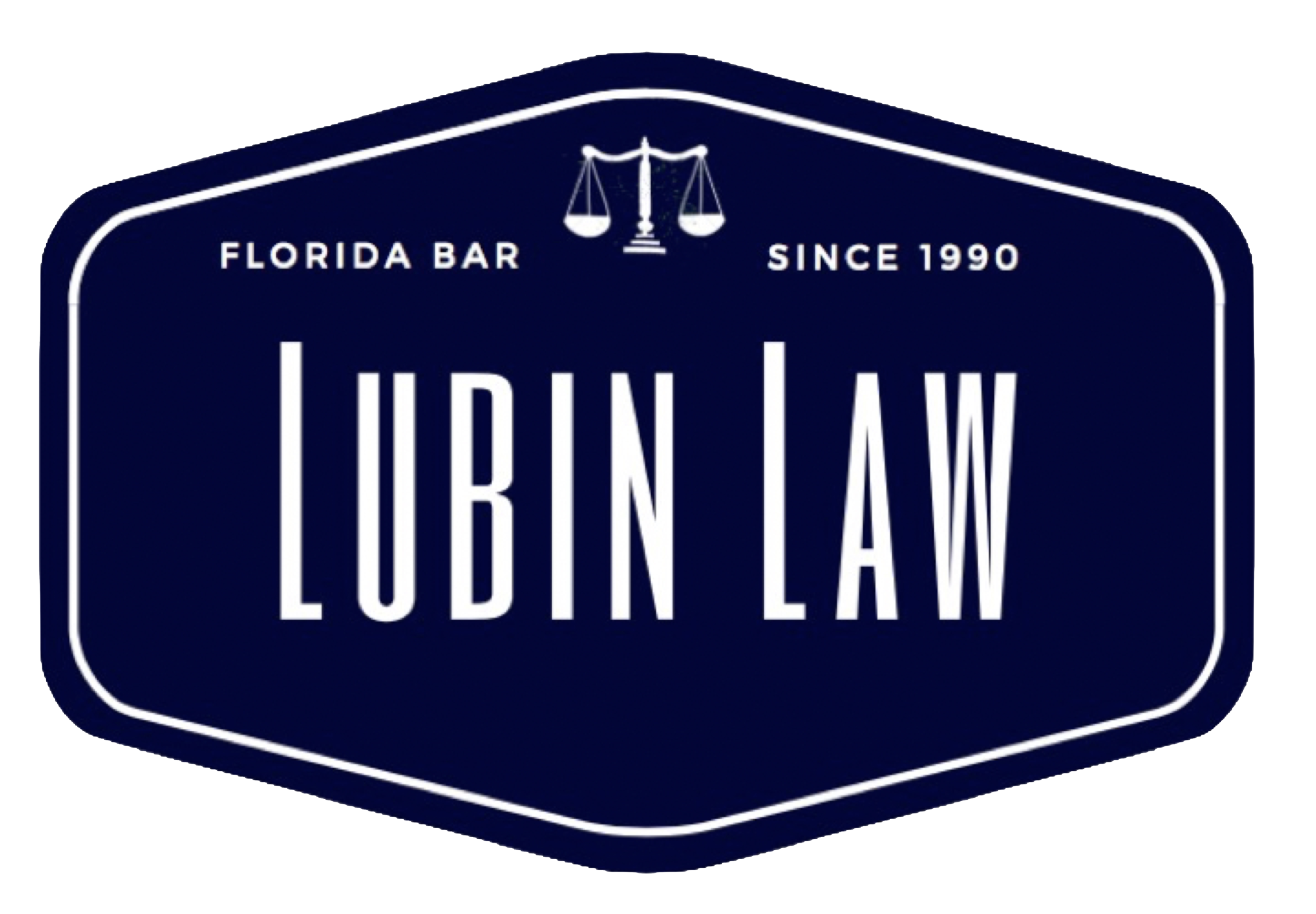The Role of Market Trends in Florida Property Taxes
Earlier this year, Jessica received her annual Notice of Proposed Property Taxes for her home in Parkland, Florida. She was shocked to see her assessed value had increased by nearly 20 percent from the previous year. Although she knew real estate values in her neighborhood were on the rise, she felt confused about how market trends influenced her property taxes. Jessica wondered if there were safeguards in place to prevent further hikes or if her tax bill would continue to soar.
Understanding how market trends impact property taxes is essential for Florida homeowners. This article explores the connection between market trends and property assessments, explains the protections in place, and offers tips for staying informed.
How Market Trends Shape Property Assessments
Every January 1, Florida county property appraisers determine the market value of properties based on local real estate conditions. This valuation process considers several factors, including:
1. Recent Sales: Property appraisers look at comparable home sales in the area to establish benchmarks.
2. Neighborhood Demand: High demand for homes in a specific area often leads to increased property values.
3. Property Improvements: Renovations or upgrades, such as adding a pool or updating a kitchen, can increase a home’s market value.
4. Economic Influences: Interest rates, inflation, and overall economic conditions also play a role in shaping real estate markets.
For Jessica, living in a desirable neighborhood with excellent schools and growing amenities meant her home’s market value had risen significantly. As a result, the assessed value on her Notice of Proposed Property Taxes reflected the increased demand in her area.
Protections for Homestead Properties
Fortunately, Florida homeowners with a homestead exemption are protected from large jumps in assessed value. The Save Our Homes (SOH) Amendment caps annual increases in the assessed value of homesteaded properties. This amendment ensures that the assessed value of a home cannot increase by more than three percent or the percentage change in the Consumer Price Index, whichever is lower.
Jessica’s homestead exemption limited her assessed value increase to three percent, even though the market value of her property rose by 20 percent. Without this protection, her property taxes could have increased dramatically.
The SOH benefit is particularly valuable in areas experiencing rapid market growth. The difference between a property’s market value and its capped assessed value is known as the SOH differential. For long-time Florida homeowners, this differential can result in significant tax savings.
What About Non-Homestead Properties?
Jessica’s parents, who own a rental property in Broward County, are not as fortunate. Non-homesteaded properties, including rental homes and vacation properties, are subject to a ten percent cap on annual increases in assessed value. Although this cap is higher than the SOH limit, it still offers some protection against market volatility.
For example, if the market value of their rental property rises from $400,000 to $440,000, the assessed value increase is limited to ten percent, or $40,000. While this cap is helpful, it still exposes non-homesteaded property owners to more significant tax increases compared to those with homestead exemptions.
The Impact of Market Declines
Although market value increases are the most common concern, homeowners may wonder what happens when the real estate market declines. In these cases, the assessed value of a homesteaded property may still increase due to the Save Our Homes recapture rule.
The recapture rule requires that assessed values of homesteaded properties increase by three percent or the Consumer Price Index, even when market values drop, until the assessed value equals the market value. Non-homesteaded properties are also subject to annual increases of up to ten percent under similar conditions.
This rule stabilizes tax revenue for local governments but can frustrate homeowners who expect their tax bills to decrease in a declining market.
How Homeowners Can Stay Ahead
For Florida homeowners like Jessica, understanding how property taxes are determined is key to avoiding surprises. Here are some practical steps to take:
1. Monitor Local Market Trends: Follow real estate activity in your neighborhood to understand how market conditions may impact your assessed value.
2. Check Your TRIM Notice: When you receive your Truth in Millage notice each August, carefully review the assessed value of your property and compare it to similar homes in your area.
3. Apply for Homestead Exemption: If you haven’t already, file for a homestead exemption to protect your property from steep increases in assessed value.
4. Appeal When Necessary: If you believe your assessed value is incorrect, gather evidence and consider filing an appeal with your county’s Value Adjustment Board.
Jessica’s Story: Staying Informed
Jessica took the time to review her Notice of Proposed Property Taxes and realized that her assessed value was capped due to her homestead exemption. Relieved, she decided to keep a closer eye on real estate trends and vowed to check her TRIM notice carefully each year. By staying informed, Jessica felt empowered to manage her property taxes effectively.
Her coworker Daniel, on the other hand, ignored his TRIM notice, assuming everything was accurate. He later discovered he had overpaid thousands of dollars in taxes due to an error in his assessed value. Daniel’s experience was a reminder of the importance of reviewing tax documents promptly and taking action when something seems amiss.
Conclusion
Market trends have a powerful influence on property assessments and taxes in Florida. While protections like the Save Our Homes Amendment provide critical safeguards, it is up to homeowners to stay informed and proactive. By monitoring market activity, understanding your rights, and reviewing your tax notices, you can ensure that your property taxes remain fair and manageable.
Tomorrow’s Blog: We will discuss tax-saving strategies for commercial property owners, including valuation techniques and available exemptions.
